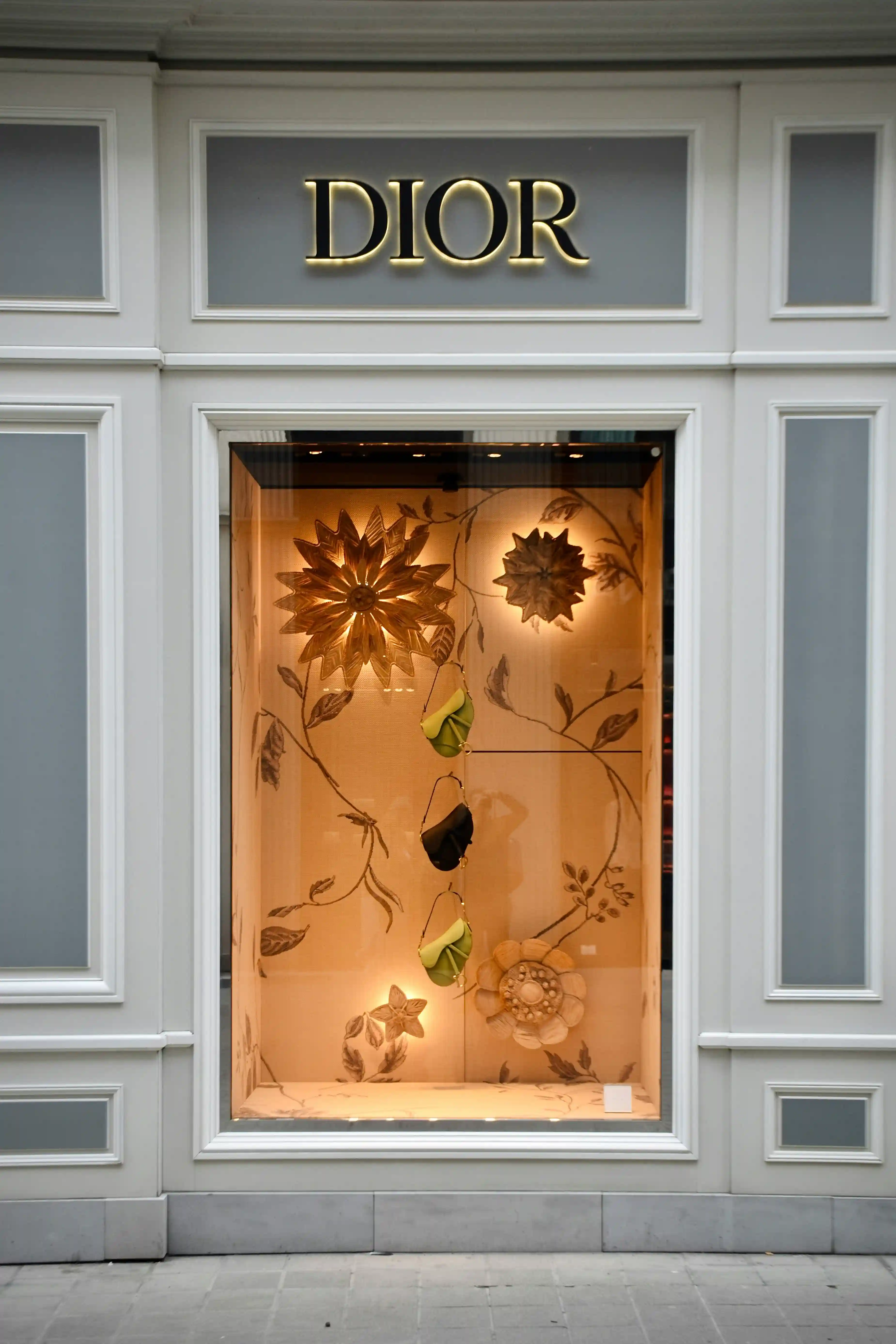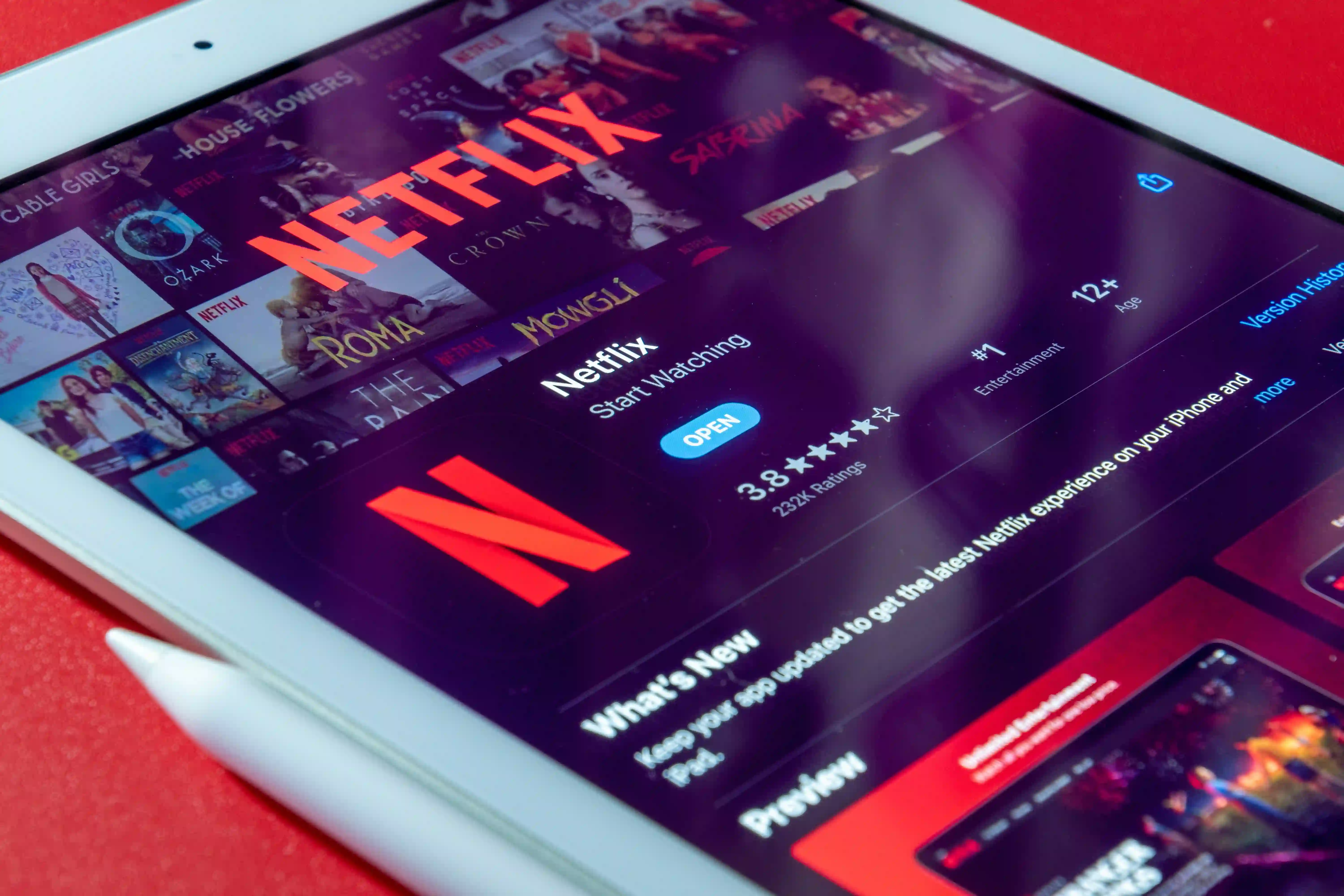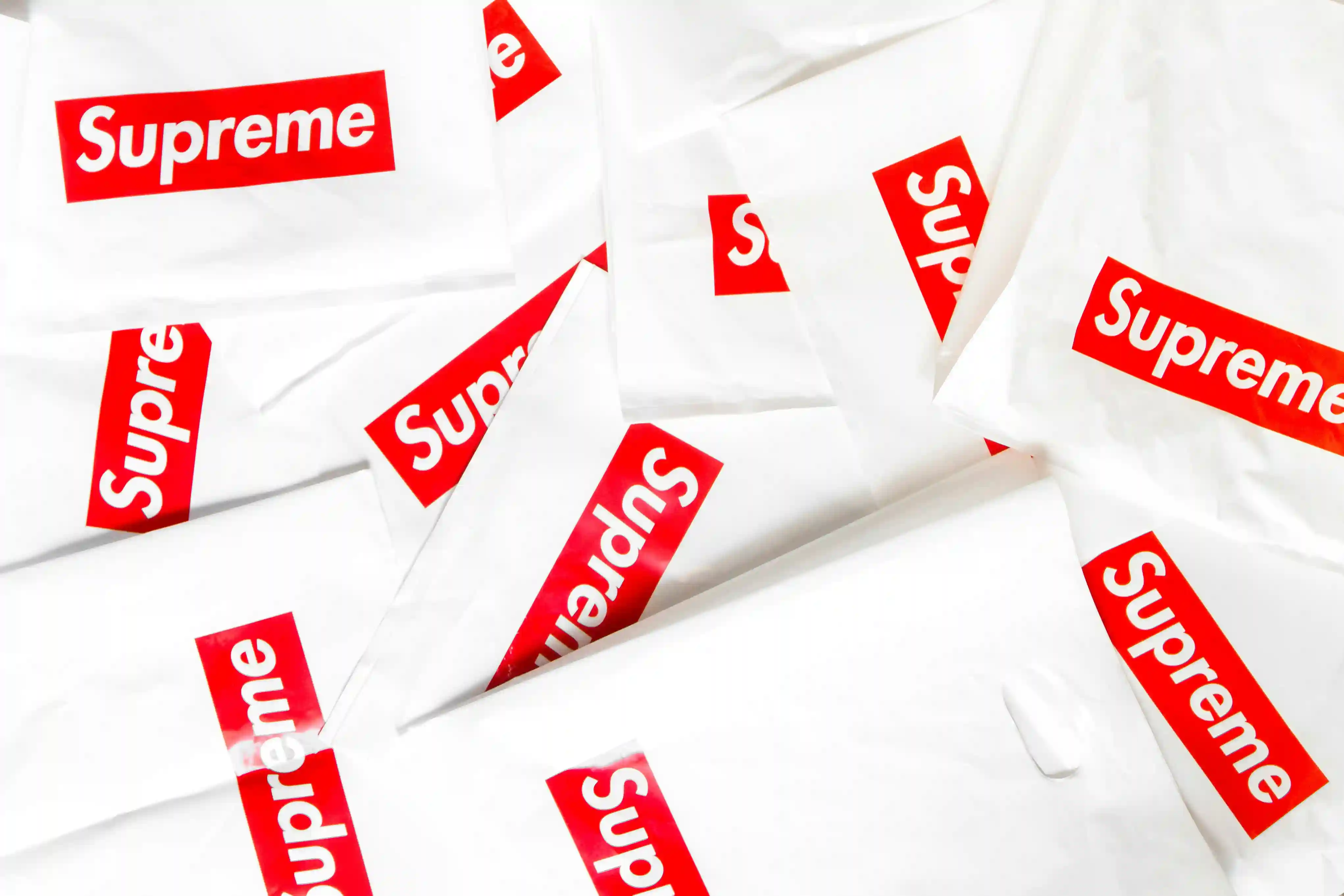A majority of the discourse surrounding artificial intelligence tends to focus primarily on the impact this tech and its resulting automation of traditionally human-controlled processes will ultimately eliminate a large swath of jobs, changing the labor force in a fundamental way, especially in legacy industries. On the other hand, creative industries have largely been absent from debates surrounding the impact of AI technologies and automation, due in large part to the hard to quantify aspects of the creative process that don’t seamlessly translate into AI inputs.
For the luxury brand industry, notoriously slow to embrace new technology in the past, i.e. ecommerce, AI presents an exciting opportunity to streamline business practices and increase marketing successes in ways that help them reduce overhead, spur sales, and remain relevant in an ever-changing landscape. AI has already shown great potential in terms of increased personalization and thanks to its real-time capabilities, brands can now react nearly instantly to help better position themselves and reach even larger audience with an increased curated approach.
Luxury brands are increasingly leaning on web search and social engagement analytics to uncover and identify trends long before they hit the mainstream. The benefit of remaining ahead of the curve brings great opportunity for luxury brands in terms of both allowing them to define new-trend conversations as well as establishing them as trendsetters. Brands, including luxury ones, are increasingly leveraging web search trends to better focus their creative and scale production in pretty successful ways. Take luxury companies push to increase investment in “streetwear” to capitalize on global search results for sneakers. These investments have results in healthy revenue jumps and, for some, spikes in stock prices.
From a production perspective, luxury brands are increasingly investing in various forms of automation, with goals of automating nearly half of all their production in the next decade or so. Many luxury brands, specifically the ones that are dependent on complicated supply chains for their survival, are investing steadily in AI and other advanced technologies to help simplify and cut supply chain overhead. For many, this automation process will be mandatory for their future survival. This push toward automation begs the question, if handcrafted, artisanal offerings can now be made through robotic means, why can’t designs and conceptual processes be handled by advanced AI means?
But along with all the potential benefits of analytics and automation, comes a cost to luxury brands that is often overlooked. The thing that has made luxury brands unique in a sea of lifestyle brands has been their focus on creative expression and design. The expertise required for hand-crafted designs and production adds to the story and reputation of luxury brands. If and when they fully embrace certain degree of automation, luxury brands may likely lose some of their appeal in the imagination of the consumer, regardless of whether the quality remains exactly the same. Plus, if luxury brands start to appear more like other non-luxury brands in the marketplace as they chase the data and rely on AI to streamline both marketing and business processes, it’s going to difficult for them to maintain the conceptions of exclusivity and craftsmanship that has long separated them from the pack.




